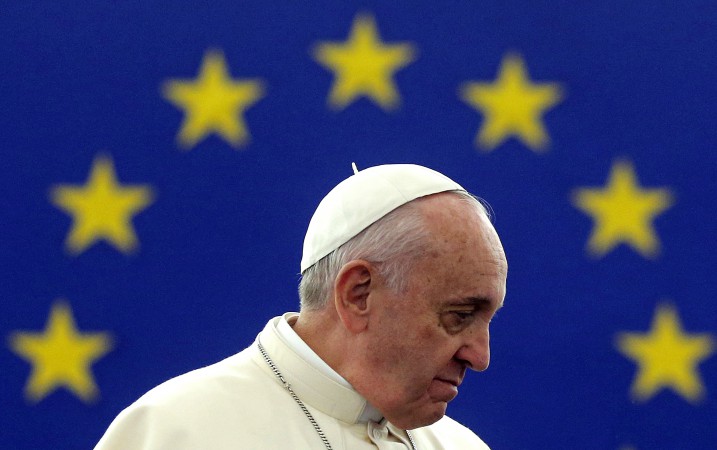 Facebook’s news team routinely prevented conservative news stories from appearing in the social media giant’s astronomically influential ‘Trending’ news section, according to a report.
Facebook’s news team routinely prevented conservative news stories from appearing in the social media giant’s astronomically influential ‘Trending’ news section, according to a report.According to a Monday report from Gizmodo, a former Facebook contractor who worked as a ‘news curator’ for the social media giant said that other workers would remove right-wing topics such as Mitt Romney, Rand Paul and the Conservative Political Action Conference from making the site’s Trending news list, even though they were popular enough to qualify. Source
 ROME—On August 28, 1963, Martin Luther King Jr. delivered a speech that became a defining moment in the American Civil Rights movement, laying out his dream for a racially reconciled nation.
ROME—On August 28, 1963, Martin Luther King Jr. delivered a speech that became a defining moment in the American Civil Rights movement, laying out his dream for a racially reconciled nation. ROME — Not that Pope Francis probably needs additional accolades, but on Friday he’s set to receive a big one anyway: The prestigious Charlemagne Prize, awarded each year to individuals or institutions for their service to European unification.
ROME — Not that Pope Francis probably needs additional accolades, but on Friday he’s set to receive a big one anyway: The prestigious Charlemagne Prize, awarded each year to individuals or institutions for their service to European unification. WASHINGTON (Reuters) – Half of teenagers in the United States feel addicted to their mobile phones, with most checking the devices at least every hour and feeling pressured to respond immediately to messages, a survey released on Tuesday found.
WASHINGTON (Reuters) – Half of teenagers in the United States feel addicted to their mobile phones, with most checking the devices at least every hour and feeling pressured to respond immediately to messages, a survey released on Tuesday found.